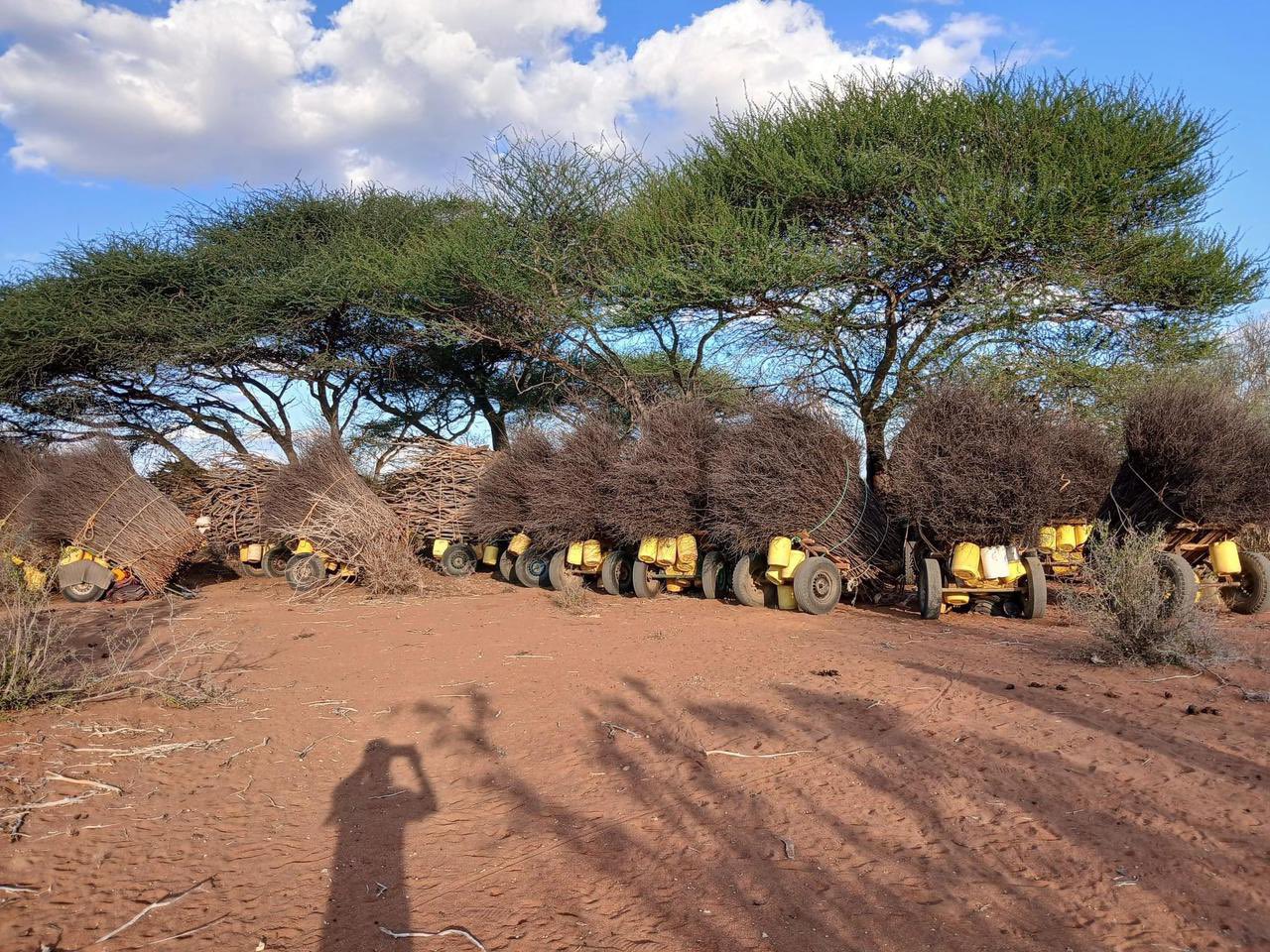
Environment, Climate Change and Forestry Cabinet Secretary Aden Duale has called on the UN refugee agency to provide alternative sources of fuel energy to refugees in Garissa and Wajir counties to save the region's ecosystem from degradation.
The CS raised concern over deforestation activities in the two counties ostensibly to provide wood fuel for refugees hosted in camps in the counties.
“I’m deeply concerned by the massive clearing of trees and vegetation around our refugee camps in Garissa and Wajir counties for wood fuel, a massive deforestation that has been going on for many years,” Duale said in a statement on X.
Garissa county is home to Dadaab refugee complex, which comprises three camps - Dagahaley, Hagadera and Ifo.
As of October 31, 2023, the camps were home to 302,805 registered refugees and asylum seekers hosted by the United Nations High Commission for Refugees (UNHCR).
Somali refugees represent more than 96 per cent of the population.
Duale expressed fear that the continued destruction of the county’s tree cover will have a negative ripple effect by exposing residents to adverse effects of climate change.
He added that the activity claws back on the efforts being made to restore Kenya's degraded landscapes by growing 15 billion trees by 2032.
“As the agency with the global mandate to manage refugee affairs, UNHCR must urgently provide alternative sources of fuel energy to refugees and host communities to halt the ongoing destruction,” Duale said.
In 2021, the government announced that it would close Dadaab and Kakuma refugee camps, which at the time were hosting over 500,000 refugees.
The closure was to be concluded by June, 2022, and the refugees integrated into settlements where they were to co-exist with host communities and benefit from government services.
On May 10, 2023, the government formed an intergovernmental steering committee to align the transition plan with the national security priorities and laws.
The committee, under the stewardship of Interior CS Kithure Kindiki, was also mandated with heightening border security and screening to prevent an influx of more refugees into the border counties of Garissa, Wajir and Mandera.
Kenya is the fifth largest refugee hosting country in Africa and 13th largest asylum destination nation globally hosting over 800,000 refugees.










